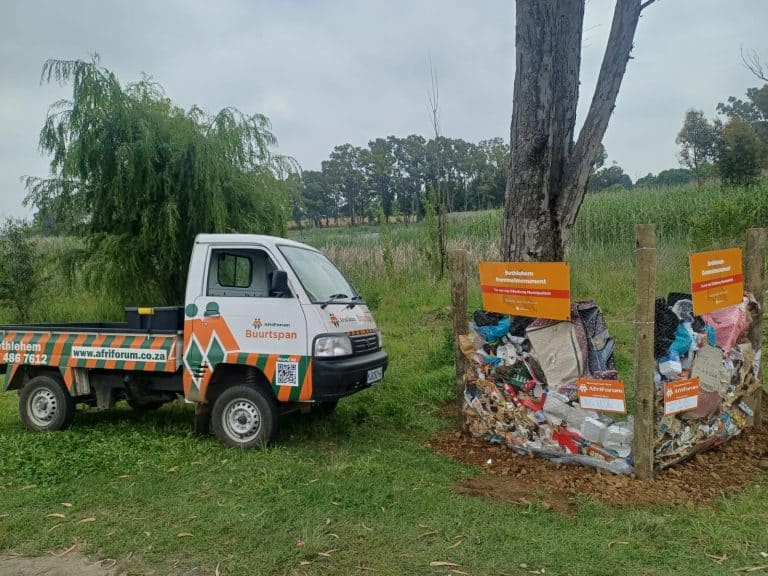Communities must brace themselves against extreme weather conditions this spring – AfriForum
AfriForum calls on communities and municipalities to take the latest seasonal risk weather forecast report, issued by the National Disaster Management Centre (NDMC), to heart and put the necessary preparations and contingency plans in place. According to the South African Weather Service, above-average rainfall is forecast in the north-eastern parts of the country, while temperatures will generally be higher than normal.
According to the report, several provinces could face extreme weather conditions this spring, including wildfires, flooding, strong winds and even snow. The report notes that there is a greater likelihood of above-average rainfall in the northeastern parts of the country, while temperatures are generally forecast to be higher than normal. These conditions could increase the risk of wildfires and flooding.
“Predictions like these should be used by municipalities’ disaster management departments to make the necessary preparations to prevent serious damage. Millions of rand are lost to infrastructure damage every year because municipalities do not act preventively. This indicates a serious lack of long-term planning and the inability of the authorities to apply basic disaster management principles.”
“The tragic loss of life and damage to property cannot only be attributed to natural disasters, but also to poor management and a lack of maintenance. When municipalities do not even apply simple preventive measures such as cleaning stormwater drains or strengthening critical infrastructure, it puts the safety and property of thousands of people at risk,” says Tarien Cooks, AfriForum’s Disaster Management Specialist.
An example of this is the devastating floods that hit KwaZulu-Natal in April 2022, which clearly showed how vulnerable communities are when municipalities are not prepared for these types of hazards. In Durban and surrounding areas, infrastructure such as roads, bridges, stormwater systems and even housing were largely destroyed – and many of these essential services have not been fully restored even three years later. This situation should be a wake-up call for communities to get involved themselves and apply pressure so that the necessary preparedness measures can be put in place.
The organisation also calls on communities to take responsibility by ensuring that their properties and neighborhoods are clean and ready to deal with floods or fires. According to AfriForum, the consequences of disasters can be reduced and lives saved when communities are organised.











